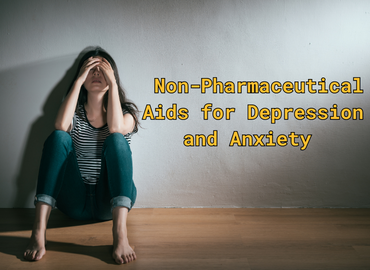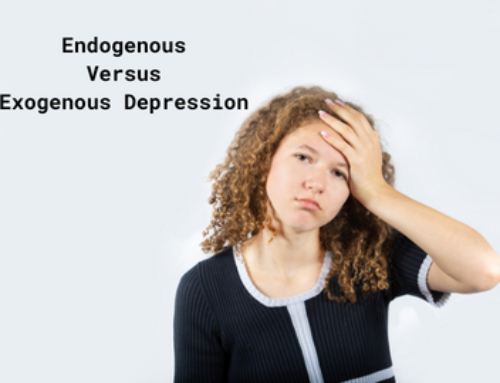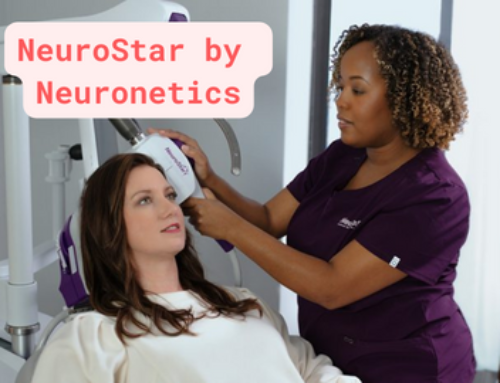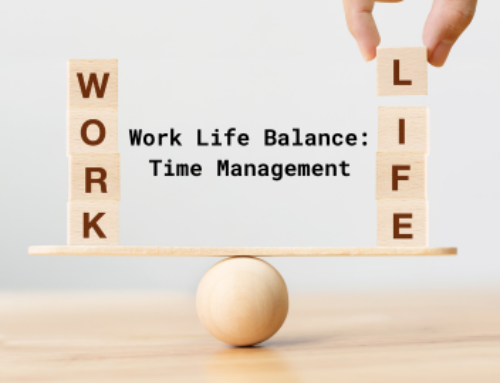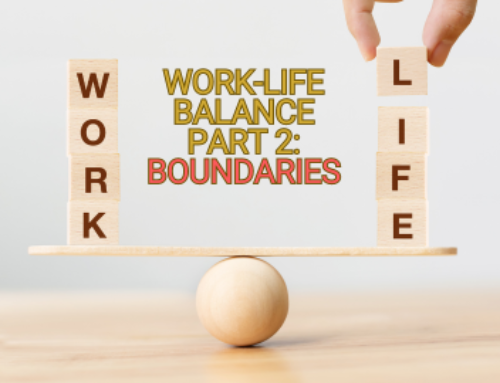Non-Pharmaceutical Aids for Depression and Anxiety
Depression and anxiety-related disorders affect the lives of millions in the United States alone. Not only the sufferers, but their friends, families, and society at large experience negative consequences. Fortunately, there are a myriad of ways to help sufferers achieve a better quality of life. Antidepressant medications can be a relief, and we’ve also talked about how to sleep better, exercise, and take in a quality diet.
There are also many readily available, non-pharmaceutical substances that can help. Great care should be taken when seeking help for depression through non-prescription means, and one should never begin a new health regimen without checking with their primary physician. Also, the U.S. Food and Drug Administration (USDA) has no standard regulations for herbal products.
Many substances are touted as “natural” cures, but the fact is, there is no definite cure for depression and anxiety-related disorders. However, there are items available to the public that have been noted to have a positive effect for some sufferers of depression and anxiety. The following are some of those.
St. John’s Wort (hypericum perforatum) is an herb with a long history of use for reducing mild depressive and anxiety-related symptoms, but it is not noted to be useful for moderate to severe depression. St. John’s Wort can also be used to seek some degree of relief from hot flashes caused by menopause and as a mild analgesic when applied topically. However, the herb is not extensively regulated, many people report no efficacy at all, and it can react negatively with certain medications.
Gingko (Gingko biloba) leaves, specifically Gingko Biloba Extract (GBE) is an herbal treatment that has been shown to have a positive effect for disorders like anxiety and dementia. Studies were performed on rats that showed a reduction in symptoms of ongoing stress. GBE also reduces dopamine (the “feel-good” hormone) reuptake, keeping it more abundant in the brain.
Valerian (Valeriana officinalis) is a widely available herb commonly used to decrease symptoms of anxiety and stress, which helps reduce depression. Valerian is a gentle sleep aid, and the dose is easily controlled. Valerian can make one sluggish during the day, and make sure to wash your hands when handling it. It smells like a horse stable.
Omega-3 fatty acids are known to have a positive effect on hormones, particularly those dealing with blood flow and arterial wall health. It also shows influence on reducing inflammation. The brain is just another part of the body, and improving hormone balance and flow is beneficial mentally and physically. Omega-3 fatty acids are found in foods like fish and nuts. Supplements are available if the patient cannot get enough in their diet.
We reiterate, talk to your doctor before beginning any treatment, even if the substance you want to use is available in the grocery store. Plenty of consumables can react with medications the patient is already taking, such as grapefruit impacting the efficacy of birth control and purple coneflower (Echinacea purpurea) stimulating the immune system, which is not good for people with lupus.
Talking to someone is an excellent non-pharmacological treatment for depression and anxiety-related disorders. Write to us on our website or call us at (585) 442-6960 for questions and appointments. If you
are in crisis or need immediate attention, call the SAMHSA hotline immediately at 1-800-662-HELP (4357).

